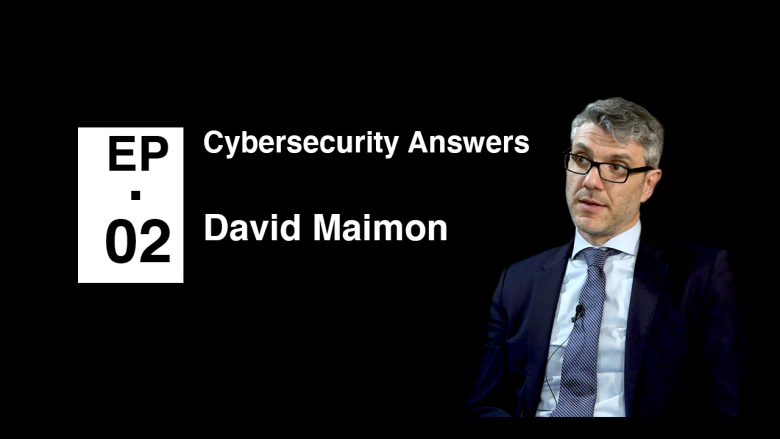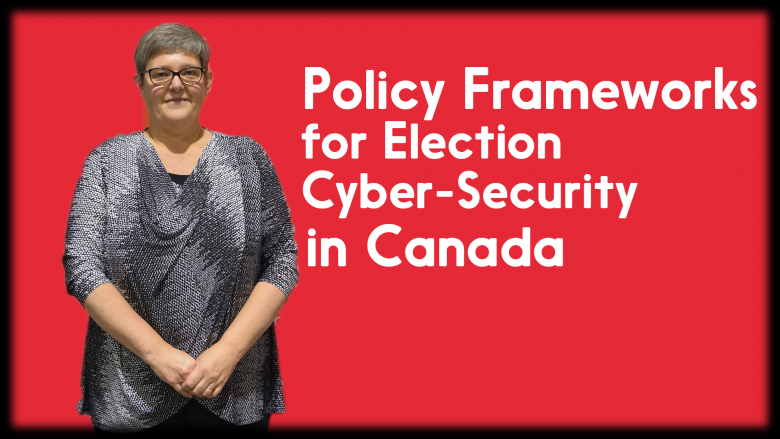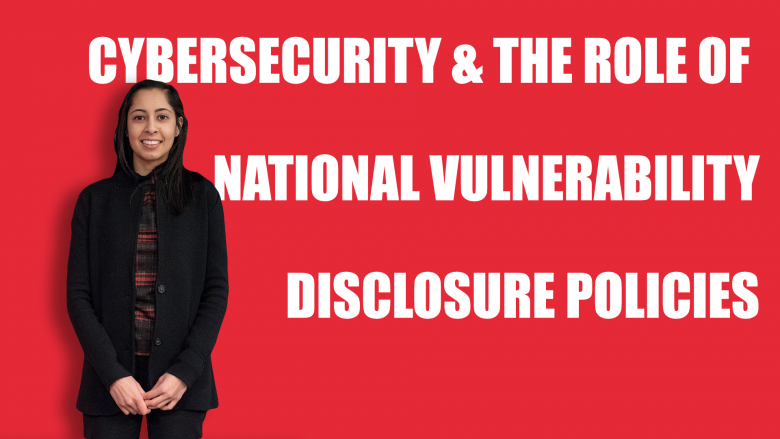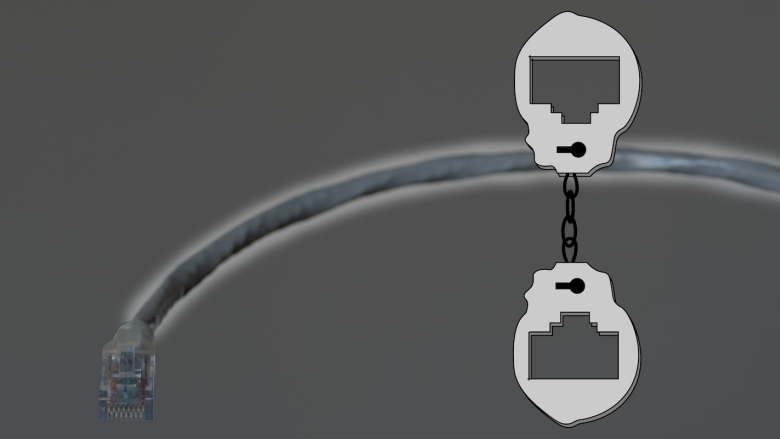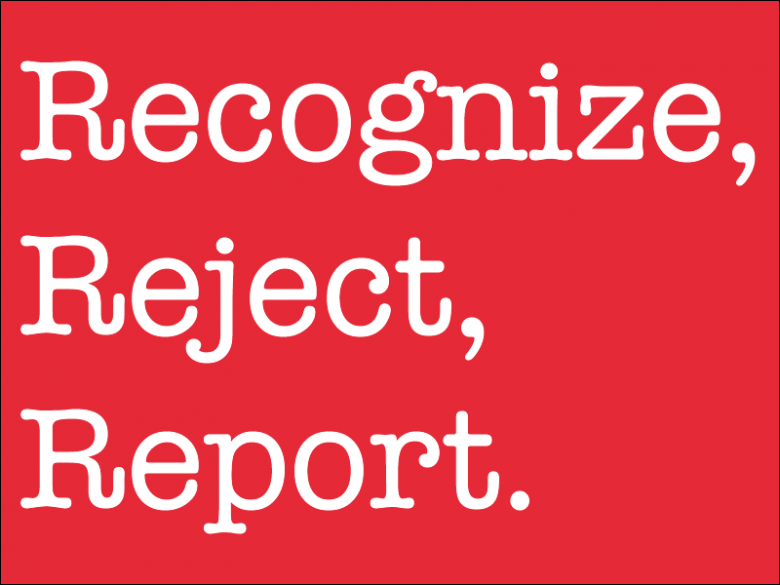We all have questions, but who are the people with the answers for Cybersecurity. In this series we sat down with academics and experts to ask them about how they got started, what they are researching now, their lessons for us and the future. Our series “Cybersecurity Answers” continues with David Maimon from Georgia State …
Compelling evidence of foreign cyber-interference in the 2016 US Presidential election campaign has prompted a robust policy response in Canada at the federal level. This presentation will review legislative changes, the critical incident contingency plan, and initiatives to promote voters’ resiliency, and offer an early evaluation of their implementation in the 2019 campaign. About the …
When governments discover or purchase zero day vulnerabilities, they are faced with a difficult decision: should they disclose the vulnerability, allowing the vendor to patch the vulnerability before it can be exploited, and thereby promote the security of the public or consumer information implicated? Or, should they keep the vulnerability under wraps and use it …
Crime statistics are a curious thing. Data available from police and the courts provide well-defined set of numbers but are limited by the amount of crime reported to and processed by the police and other over-burdened institutions. If we are to understand where we are lacking, we need to assess the gap between the actual …
The Canadian Anti-Fraud Centre produces regular bulletins to help Canadians to better protect themselves against fraud. This bulletin was prepared to provide awareness on Card-Not-Present (CNP) Fraud, which continues to target Canadian businesses. It depicts the trends and patterns associated to the fraud, as well as warning signs to prevent victimization. Overview CNP Fraud …
Governments around the world are being increasingly trapped between progress to a digital state and the insecurity of cyberspace. Estonia has been a vanguard for development of a digital society in many ways by transitioning many services to digital technologies and also by being subject to assault by cyber weapons. Nick Robinson and Prof Keith …
Presented at GoSec 2017 Michael Joyce works on the many different aspects of the SERENE-RISC knowledge mobilization operations. He is the person behind the Network online knowledge-sharing platform and one of the driving forces behind the Cybersec 101 training. At SERENE-RISC, Michael is also responsible for the production of the quarterly knowledge digest. Before joining …
Presented at the SERENE-RISC Spring Workshop 2016. Fighting cybercrime and IT related crime has always been a question of cooperation, with the industry on one side mostly due to the needs of the investigators looking for trace evidence in networks, and with academia on the other side, when looking for appropriate training for law enforcement …
Vinay Kaura provides some insight into the impact of the Internet on insurgency in the region of Kashmir. This region has famously been in conflict for more than half a century and has crossed over into the digital realm. The problems are deeply complex and the informatization of the region has created additional layers with …
The Cyber Security Good Practices for ICS guide was produced by Eric Luiijf and Bert Jan the Paske for the March 2015 Global Conference on Cyberspace. It is intened to provide a guide for executives and governmental policy-makers responsible for critical (and other) infrastructures and their services. It attempt to answer for you the questions …

